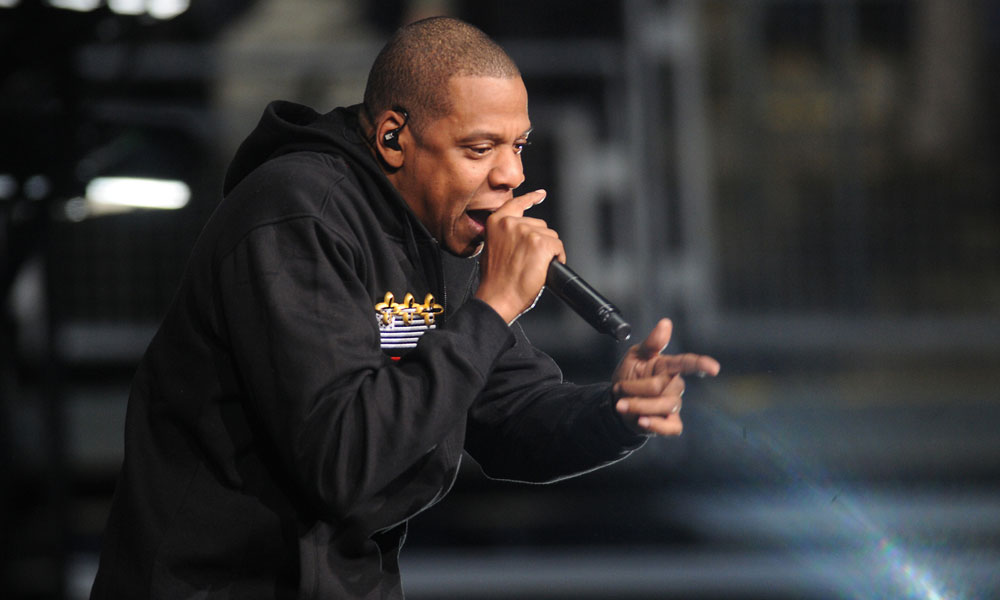
Jay-Z’s ‘Holy Grail’ Sparks Change in Association’s Award Rules
The Recording Industry Association of America updated its rules for certifying gold and platinum digital albums in light of Samsung’s giveaway of 1 million digital copies of the rapper’s latest album.
A new marketing tactic by Jay-Z and Samsung is causing the Recording Industry of Association of America to make changes to its Gold and Platinum (G&P) Program award rules, again.
It is a novel and creative marketing move, and it has rightly stimulated a healthy conversation about the sale’s meaning and implications for the modern music business.
Last week RIAA announced it would update its G&P Program requirements that certify a digital album as platinum or gold after Samsung purchased 1 million digital copies of Jay-Z’s latest album, Magna Carta … Holy Grail, to give away to Samsung Galaxy owners on July 4.
“It is a novel and creative marketing move, and it has rightly stimulated a healthy conversation about the sale’s meaning and implications for the modern music business,” Liz Kennedy, RIAA director of communications for the G&P Program, said in a statement.
The rule change will now count digital album sales starting on the album’s release date—the same way sales of digital songs are counted—as opposed to after a 30-day wait period that is standard for physical albums. Kennedy said the 30-day wait period exists to take into account potential album returns, but according to the association’s auditing firm, digital returns account for less than 2 percent of the sales submitted for certification.
This isn’t the first time the association has had to make changes to its G&P program this year. In May, RIAA announced it would begin integrating digital streams into the awards program, allowing on-demand audio and video song streams to be counted toward the “Combined” Digital Single Award certification.
Kennedy said the latest update reflects the association’s efforts to modernize the G&P Program.
“The reality is that how fans consume music is changing, the music business is changing as labels and artists partner with a breathtaking array of new technology services, and the industry’s premier award recognizing artists’ commercial achievement should similarly keep pace,” she said. “In short, we’re continuing to move the 55-year-old program forward, and it’s a good day when music sales diversification and innovative strategies meet the RIAA’s time-tested, gold standard requisites for certification.”
(photo by Adam Glanzman/Flickr)






Comments